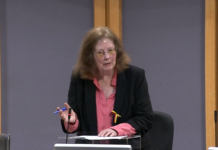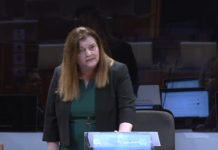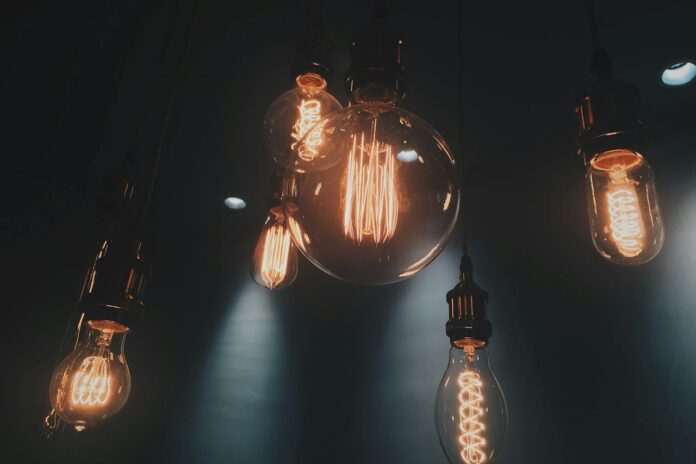At 10pm on 21 January, the UK was having to rely upon coal (2%) and upon cutting down American forests, aka biomass (4%) to keep the lights on. At the same time, Interconnector electricity imports were supplying an astounding 27% of the nation’s needs for power. (France exported 6% and 4% via two lines; Norway 5%; Netherlands 4%; Denmark 4%; Belgium 3% and Eire 1% (- source gridwatch). If we add biomass, which even the EU has decided is not ‘green’, and coal which is often needed up in winter, it means that 33% of our energy is imported or not ‘green’. Countless billions have been wasted on continuing subsidies for renewable projects, causing electricity bills to more than double. Boris Johnson famously said that he did not understand numbers – one wonders about the rest of the Commons and Lords. A cold spell in Europe will halt these interconnector imports, and more people die of cold than heat. And there is no possible way that we will be able to charge over 30 million electric cars, especially at night. There is a major energy crisis caused by the Nett Zero mantra, and no amount of extra wind or solar ‘farms’ will ever solve it with their intermittent supplies. Instead we desperately need more clean gas ‘farms’ to supplement our declining nuclear ‘farms’. We have gas in the North Sea, instead of having to import liquefied natural gas via tankers from all over the world, thereby helping the massive Balance of Payments deficit. And with cheaper energy, we may be able to resuscitate our neglected manufacturing sector and again help our debt. But then again pigs might fly.
Terry Breverton FIC FRSA FCIM FRHistS
Help keep news FREE for our readers
Supporting your local community newspaper/online news outlet is crucial now more than ever. If you believe in independent journalism, then consider making a valuable contribution by making a one-time or monthly donation. We operate in rural areas where providing unbiased news can be challenging. Read More About Supporting The West Wales Chronicle






















